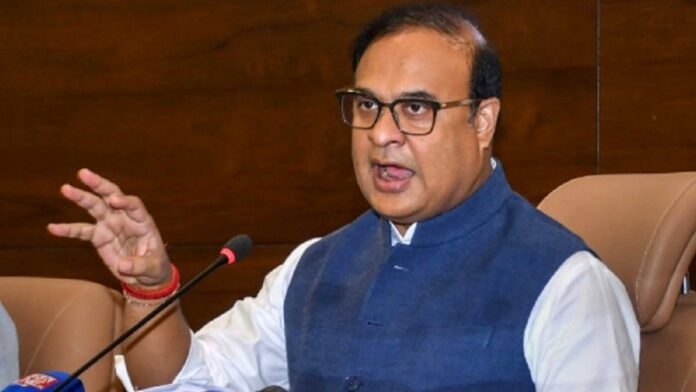Assam’s Chief Minister, Himanta Biswa Sarma, sparked controversy with his recent remarks, labeling the state’s population as a hindrance to its progress. In a statement, Sarma referred to the population as a “disease” that is impeding the development and prosperity of Assam.
Sarma’s comments have drawn criticism from various quarters, with many expressing outrage over the derogatory language used to describe the state’s residents. Social activists and opposition leaders have condemned the remarks, calling them insensitive and divisive.
The Chief Minister’s statement has reignited debates on population control and its implications for socio-economic development. Some argue that addressing issues such as poverty, unemployment, and lack of infrastructure should be the priority, rather than blaming the population itself.
Critics have pointed out that stigmatizing the population undermines efforts to address underlying socio-economic challenges effectively. They emphasize the need for inclusive and equitable development policies that benefit all sections of society, rather than scapegoating certain demographics.
Sarma’s remarks have also raised concerns about their potential impact on social cohesion and harmony in Assam. Such divisive rhetoric risks exacerbating tensions and fostering resentment among different communities, undermining the state’s social fabric.
In response to the backlash, Sarma clarified that his comments were taken out of context and emphasized his commitment to the welfare and development of all Assam residents. However, the controversy has underscored the importance of responsible and inclusive governance in fostering unity and progress.
The incident serves as a reminder of the power of political rhetoric and the need for leaders to exercise caution and sensitivity in their public statements. Words have consequences, and inflammatory remarks can fuel division and undermine efforts to build a cohesive and prosperous society.
Moving forward, there is a call for constructive dialogue and engagement to address the underlying issues facing Assam, including population growth, without resorting to divisive language or rhetoric. By focusing on inclusive and sustainable development strategies, the state can work towards overcoming its challenges and realizing its full potential.




